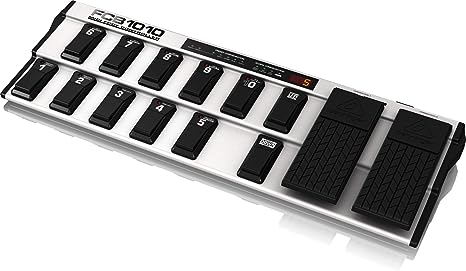Preparing Your Music For Radio
Written by Matt Zin on September 8, 2023
Preparing Your Music For Radio

Prepare Your Music For Radio
Submitting your music to a radio station is an important step in promoting your music and gaining exposure. To increase your chances of getting airplay, it’s essential to have everything prepared and in order. Here’s a checklist of what you should have ready before submitting your music to a radio station:
- High-Quality Recording: Ensure that your music is professionally recorded, mixed, and mastered. The audio quality should be top-notch, as radio stations have high standards for sound quality.
- Clean and Edited Versions: If your music contains explicit content, be sure to create clean and edited versions for radio play. Radio stations often have restrictions on explicit content during certain hours.
- Professional Artwork: Have eye-catching and professionally designed album or single artwork. This is important for visual branding and recognition.
- Metadata: Make sure all your music files have complete and accurate metadata, including the song title, artist name, album title, genre, and release date. This information helps radio stations catalog and play your music correctly.
- Press Kit: Create a press kit or electronic press kit (EPK) that includes a biography, high-resolution photos, and any relevant press articles or reviews. This will help radio stations and DJs get to know you and your music.
- Promotional Materials: Prepare a one-sheet or promotional document that highlights key information about your music, including notable achievements, awards, and any relevant statistics (e.g., Spotify streams, YouTube views, social media following).
- Contact Information: Ensure your contact information is up-to-date and readily available. Include a professional email address and phone number where radio stations can reach you or your representative.
- Radio-Ready Tracks: If your music needs to be edited to fit radio playtime restrictions (usually around 3-4 minutes for a single), make sure you have radio-ready versions of your songs.
- Distribution Plan: Decide how you’ll distribute your music to radio stations. You can use a music distribution service or personally send your music to program directors and DJs. Make sure you understand their submission guidelines and preferred formats (MP3, WAV, etc.).
- Personalized Cover Letter: Write a brief, personalized cover letter introducing yourself and explaining why your music would be a good fit for their station. Be concise and respectful.
- Follow-Up Plan: Plan your follow-up strategy. After submitting your music, it’s a good practice to follow up with the station to ensure they received it and inquire about potential airplay. Be polite and professional in your follow-up communications.
- Rights and Licensing: Ensure you have all the necessary rights and licenses for your music, including performance rights if applicable. Some radio stations may require documentation in this regard.
- Social Media and Online Presence: Make sure your online presence is active and engaging on social media and music platforms. Radio stations may check your online presence to gauge your audience and fan engagement.
- Radio Edit Versions: If your songs are long or have extended instrumental sections, consider creating shorter radio edit versions that fit within the station’s format.
- Local Focus: If you’re submitting to local or community radio stations, emphasize your local connections and relevance to their audience.
Remember that every radio station may have its own submission guidelines and preferences, so it’s essential to research each station individually and tailor your submissions accordingly. Building relationships with station staff and DJs can also be helpful in getting your music played. Good luck with your submissions!




